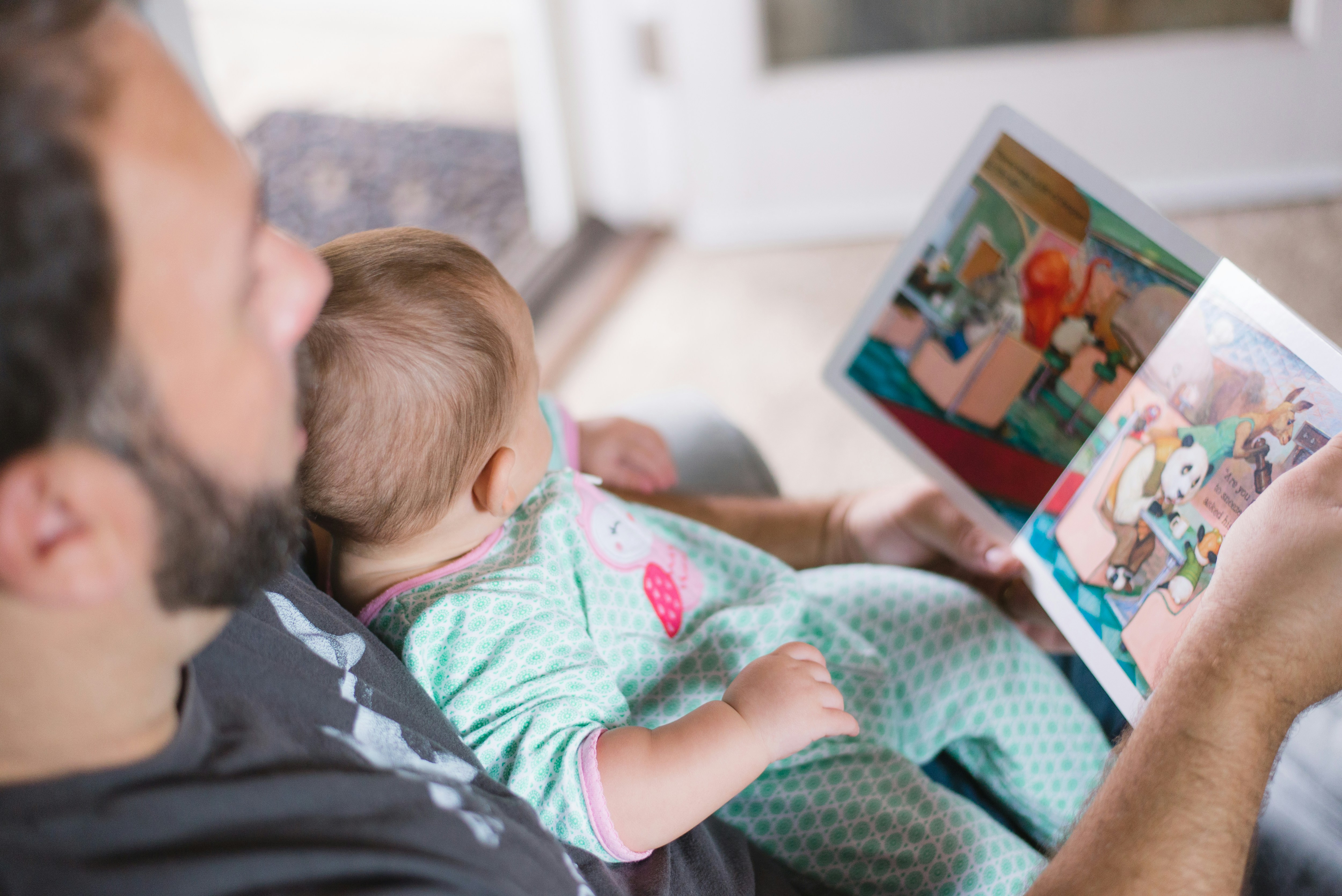In Kentucky, the term “custody” is used in family court to refer to a parent’s authority to make major decisions for a child. These decisions may include education, medical care, religion, and other major matters that affect the child’s overall well-being. Legal custody is different from parenting time, which refers to the physical schedule or the amount of time a child spends with each parent.
Kentucky law favors joint custody and equal decision-making when appropriate. The current legal standard is found in KRS 403.270. This statute states that courts must begin with the presumption that joint custody and equal participation in decision-making is in the best interest of the child. However, the court must consider the facts of each case before making a final determination.
The court shall determine custody in accordance with the best interests of the child and equal consideration shall be given to each parent and to any de facto custodian. Subject to KRS 403.315, there shall be a presumption, rebuttable by a preponderance of evidence, that joint custody and equally shared parenting time is in the best interest of the child. If a deviation from equal parenting time is warranted, the court shall construct a parenting time schedule which maximizes the time each parent or de facto custodian has with the child and is consistent with ensuring the child’s welfare.
Joint custody does not always mean a child spends equal time with each parent. Instead, it means that both parents share responsibility for important decisions. Sole custody, where only one parent has the authority to make these decisions, may be ordered if the court finds that joint custody would not serve the child’s best interests. This may happen in cases involving criminal matters, domestic violence, substance abuse, or ongoing conflict that makes cooperation impossible.
To decide custody, the court will consider a variety of factors. These may include the child’s relationship with each parent, the ability of each parent to cooperate, the mental and physical health of all parties, and any history of domestic violence.
If you are involved in a family law case in Kentucky, it is important to understand the difference between custody and parenting time. Legal custody affects long-term decisions that shape your child’s life. You may want to consider consulting with an attorney to learn more.
